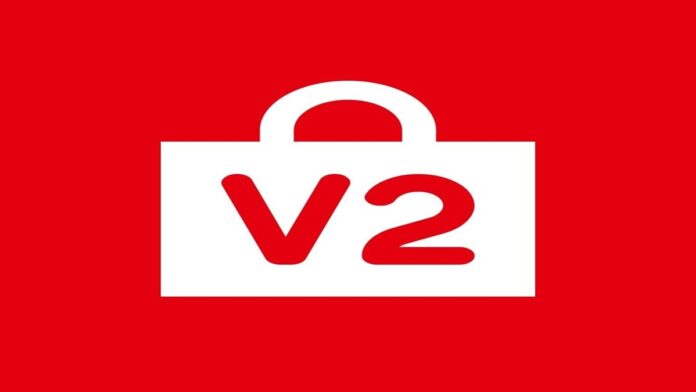V2Retail is in a sweet spot. Value fashion is in demand, footfalls are growing and there aren’t too many quality retailers around. Business has been brisk for the Delhi-headquartered brick and mortar chain which competes with V-Mart and Bazaar Kolkata. Revenues are tipped to hit Rs 1,800 crore this year, a 55% jump over the sales posted in 2023-24. With an estimated 30,000 customers walking into its stores every day and a conversion rate of 35%, it could be a repeat in 2025-26.
The competitive intensity in the value fashion space, especially in the mid and lower ranges, where the average selling price is Rs 300-500, is high. Moreover, the large share of the unorganised players, of about 65%, has forced V2Retail to play the price game. Almost all its revenues are earned from bigger volumes.
ALSO READCo-working spaces boom in small towns
In fact, whole-time director, Akash Agarwal says the company’s mark-ups, over the cost, are among the lowest in the market. The retailer had attempted to play both ends of the price curve; it experimented with T-shirts that cost Rs 700 and Rs 99—but soon gave up and now stays in the Rs 200-400 bracket. It had a similar experience with denim products. What is now offers is a relatively large number of 3,100 stock keeping units (SKUs) with about 70% being changed every 45 days. The affordable pricing allows the company to sell about 90% of the inventory at the MRP, says Agarwal, adding that the many more options in sizes has also driven up footfalls.
The market is already large and consumers are switching to organised retail. Redseer defines “Value Hunters” as GenZ and young millenials with household incomes of less than Rs 5 lakh per annum across all cities and Rs 5-8 lakh in tier2+ cities. One expert points out that the Rs 300-500 range may be the most competitive but it is also expected to grow the fastest given the products are affordable. “I would imagine the brick and mortar format catering to this range can grow at a compound annual growth rate (cagr) of 15-22% for the next few years,” says an industry expert.
But operating at the lower end, where the ASPs are Rs 300-500, calls for huge supply chain efficiencies. Puneet Mansukhani, partner – digital advisory and sector head- retail KPMG in India,
» Read More


